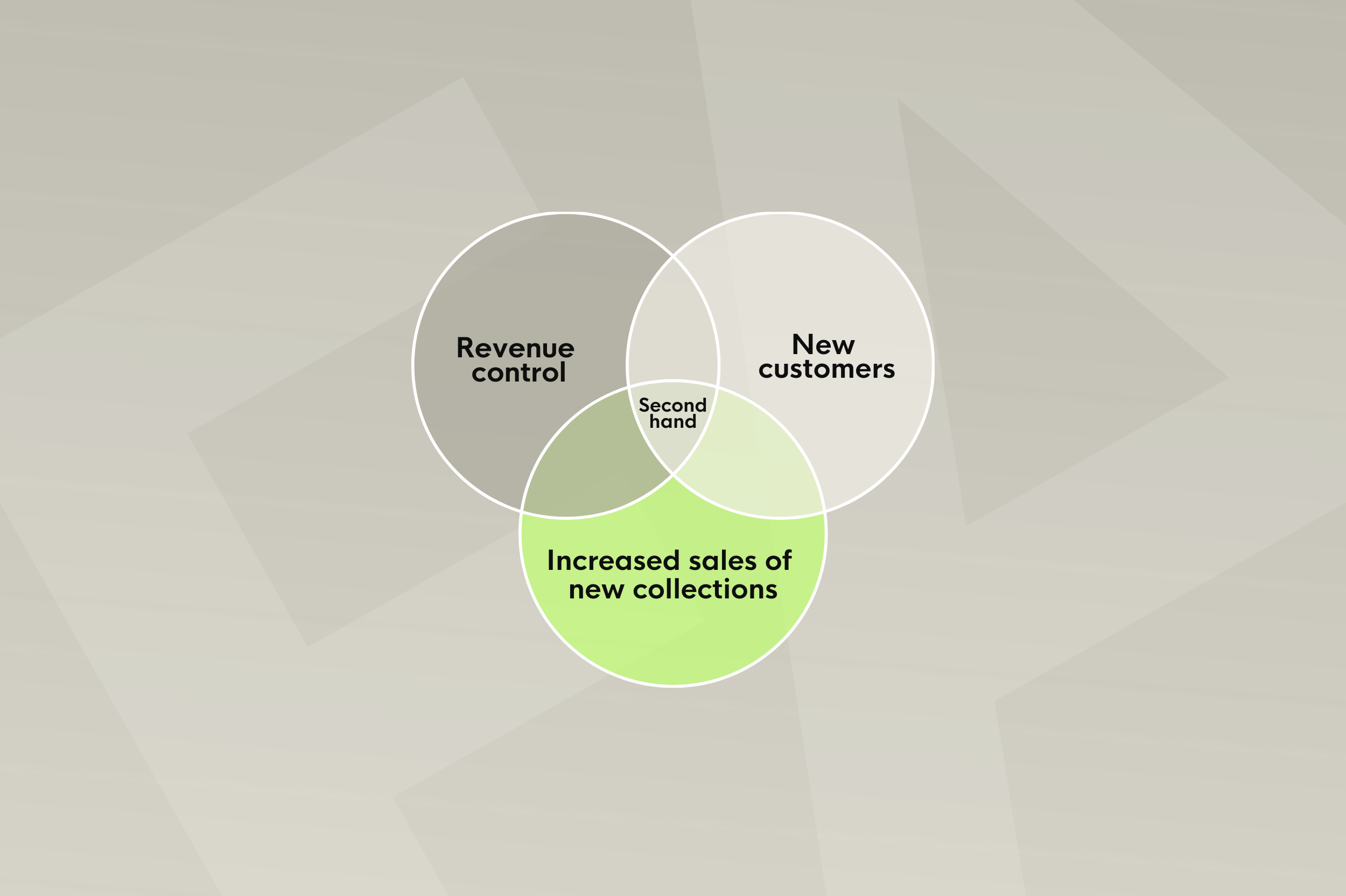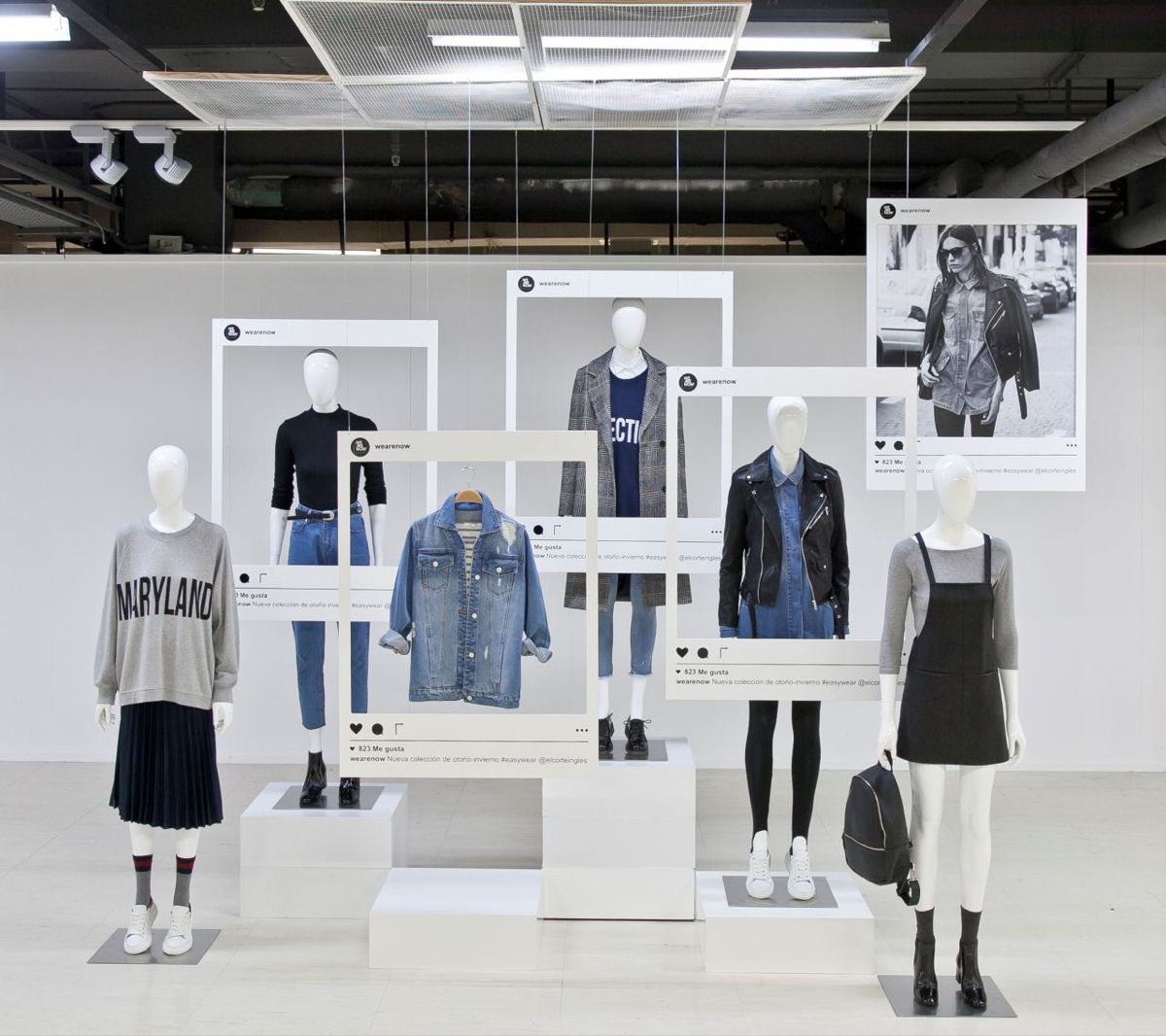Is resale the ultimate alternative to markdowns?

How to sell more without discounting, thanks to circular activation
In a market where fashion brands are juggling low sell-through rates, unsold inventory, and constant pressure on margins, promotions often feel like the only way out. Early markdowns, repeated private sales, endless discount codes... the promo reflex has become systemic, risking long-term dependency.But some brands are choosing a different path. A more sustainable, more profitable, and more resilient one: resale.Because when it’s well executed, circularity can become a powerful alternative to discounting, turning already-equipped customers into motivated buyers.
Promotions: A Risky Reflex
For years, promotions have been the go-to weapon for clearing inventory, a necessary lever to move unsold stock, drive traffic, or boost e-commerce activity. But over time, overuse has turned discounting into the norm. And now, many brands struggle to sell at full price.
This mechanism comes at a cost:
-Margin erosion
-Declining perceived value
-Brand dilution
In the premium segment, promotions weaken brand equity. In the accessible segment, they drain commercial teams. As highlighted in a 2024 McKinsey study, brands that over-rely on promotions can see their structural profitability decline by up to 15% over the medium term.
What if the real barrier to purchase wasn’t (just) the price?
From the consumer’s perspective, discounts don’t solve everything. Today, the reasons for hesitating to buy are more complex:
-A wardrobe that’s already too full
-Emotional hesitation (“Do I really need this?”)
-Greater awareness of environmental impact
Offering a smart take-back program addresses these concerns head-on. It’s not a discount — it’s permission to buy.
The customer frees up space, feels justified in making a new purchase, and sees alignment with their values.
The result? A more intentional, more meaningful transaction.
Trade-in as a sales trigger
At Faume, we see it every day: the circular voucher is a powerful conversion tool.
Across online and in-store programs:
-80% of customers use their voucher after a trade-in
-95% redeem it within 24 hours in physical stores
-90% apply it to a piece from the new collection
-The final basket is, on average, 65% higher than the value of the initial voucher
The key takeaway? A trade-in isn’t a discount, it’s a psychological activation.
It turns a passive customer into an active one.
It builds engagement, satisfaction… and revenue, without lowering prices.
Value, Don’t Discount
When executed properly, the circular cycle creates a win-win dynamic:
-The brand recovers pieces, unlocks stock value, and feeds its resale platform
-The customer sells, buys again, and stays within the brand’s ecosystem
-The brand image stays intact, the experience remains premium, and margins are protected
Unlike a private sale, where value is cut, trade-in adds value.
The product becomes a currency.
And the sale becomes a step in a larger cycle.
Refurbished, Premium, and Proud
Secondhand is no longer about anonymous boxes and amateur photos. Today, traded-in products are:
-Inspected, cleaned, repaired, and repackaged
-Shot according to the brand’s visual standards
-Showcased on a platform aligned in UX/UI with the main e-commerce site
With Faume, this entire process is managed end-to-end: logistics, customer service, dynamic pricing, product upload, and distribution.
The brand keeps full control, without mobilizing internal teams.
Fewer Discounts, Stronger Customer Relationships
In a world overwhelmed by constant offers, the goal is no longer to sell at any cost — it’s to sell better.
By reactivating past customers, easing access to the new collection, and creating meaningful moments of engagement, circularity becomes a long-term loyalty tool.
A customer who resells is a customer who returns.
A garment that lasts is a brand that matters.
Conclusion: What if resale was the smartest strategy against unsold inventory ?
Discounting isn’t the only answer to overstock.
When done right, circularity is a tool for value creation, brand differentiation, and commercial performance.
At Faume, we help brands activate this model:
-Launching secondhand platforms
-Trade-in programs with vouchers
-Professional refurbishment
-End-to-end management of the circular journey
Selling more without discounting?
Yes, when you activate the right levers.
Stay ahead of the game!
Sign up to FAUME's The Secondhand Review newsletter
Read inspiring stories from brands that have successfully launched their secondhand businesses with FAUME






